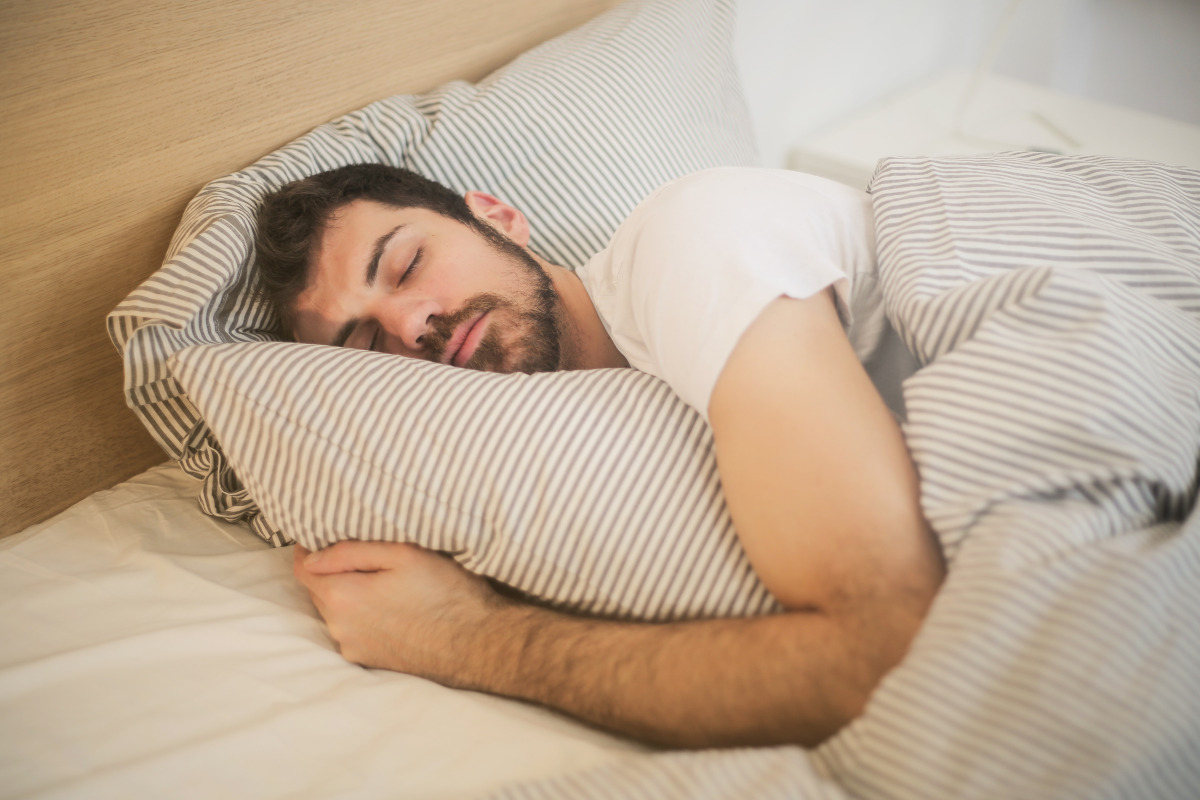
Sometimes people sleep as a way to avoid facing life. Sleep is essential in our lives and health, particularly when navigating recovery and learning to develop healthy habits. Too much sleep, however, can be a way of escaping your feelings or situations in life. Recovery is an exhausting process and can be uncomfortable and challenging at times. It is easy to want to escape to peaceful sleep, but sleep is not a healthy escape if it interferes with your daily life.
Signs You May Be Oversleeping
When you oversleep, don’t get up with your alarm, and sleep during daylight hours, you may get too much sleep. Oversleeping is unhealthy and can affect your overall health.
Oversleeping disrupts nighttime sleep rhythms and can make you feel tired and groggy all day long. Oversleeping on a daily basis can create havoc with your normal sleep/wake cycles and how well you rest when you actually should be sleeping. Too much sleep also increases the risk of several disorders, including:
- Diabetes
- Heart disease
- Stroke
In addition, people who oversleep may experience the following:
- Weight gain
- Headaches
- Back pain
- Depression
- Fatigue
Sleep, Recovery, and Mental Heath
When you are in the early stages of recovery, your body makes many adjustments and repairs. If you have a co-occurring disorder, that can complicate your sleep even more. Your routine may need to be adjusted if you are having sleep issues.
Everyone has their own sleep patterns, but your sleep can be adversely affected by the following:
- Stress and worrying
- Uncomfortable bed or sleeping area
- Sleep disorders
- Medication
- Trauma
- Health problems, either mental or physical
Sleeping Well Without Oversleeping
The amount of sleep people need varies from person to person and changes at different stages of life. However, the following could indicate that you are oversleeping:
- Needing more than nine hours of sleep
- Feeling sleepy during the day or sleeping for hours during the day
- Depending on caffeine or naps all-day
To get a good night’s sleep, try the following suggestions:
- Maintain a consistent sleep schedule
- Get up at the same time every day, even on weekends
- Go to bed at the same time every night
- Develop a restful bedtime routine
- Avoid sleep aids
It isn’t good to be sleep-deprived, but it is not good to sleep more than you need, either. Poor sleep can hurt your mental health and could be the reason you are drowsy. How you feel is the best way to know you are sleeping well. Being sleepy first thing in the morning or lacking energy during the day can be the best gauge of your sleep quality. Good quality and the right amount of sleep can have a beneficial effect on your mental health. To learn more, call The Guest House at (855) 483-7800.